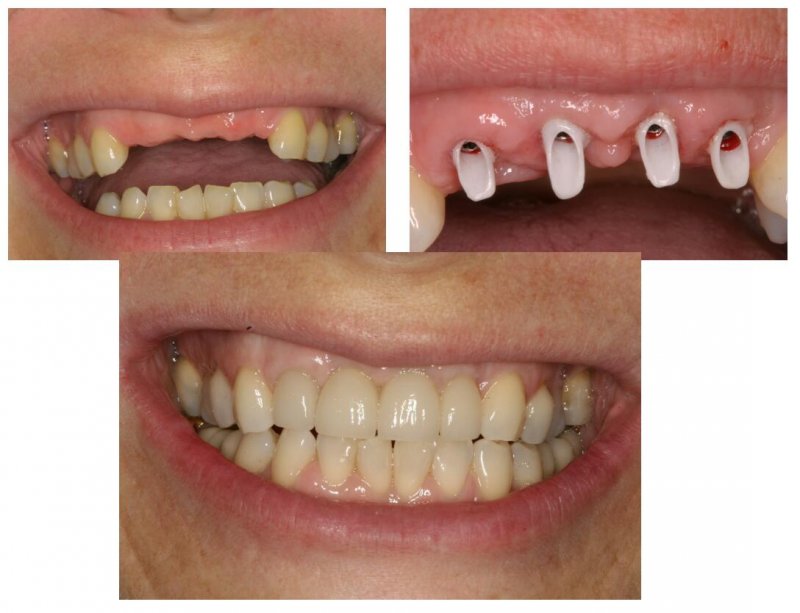
No matter how many dental implants in Kittanning you rely on for smiling, speaking and chewing, you need to care for them as if they were your real teeth. Implants can’t develop cavities, but if gum disease develops around them, they could eventually loosen and might need to be removed. In order to protect yourself from the near constant threat of gum disease, you need to make flossing a regular part of your oral hygiene routine if it isn’t already. Of course, flossing around implants can be a bit tricky; here are some tips to make sure you’re doing the job properly in order to keep your new teeth safe.
Pay Attention to the Space Between the Restoration and the Gums
Both brushing and flossing are most effective when you pay close attention to every surface inside your mouth so that you can clean them as thoroughly as possible. That includes the hard-to-reach space between the gums and the crown, bridge, or dentures that your implants support. Cleaning this area can be tricky, but bacteria can still accumulate there if you’re not careful. Thus, you need to make a concentrated effort to ensure that the space is cleaned as thoroughly as possible.
Use a Floss Threader
Of course, trying to fit the dental floss through such a small space can be difficult, which is why it is generally recommended to use a floss threader if you have implants. A floss threader has a loop on one end that you can thread the dental floss through. You then take the other end of the threader and gently work it between the gums and restoration until it comes through to the tongue side. After that, simply pull the threader away until the floss is underneath the bridge, giving you a chance to clean the area.
Look into Getting an Oral Irrigator or Another Floss Alternative
Some people might have trouble flossing even with a floss threader. If you fall into this category, consider getting an oral irrigator instead. This device offers an alternative way to remove plaque and bacteria from the narrow spaces inside your mouth. It emits a pressurized stream of water that knocks the harmful substances loose. Like traditional floss, oral irrigators are proven to reduce the risk of gum disease, making them a good alternative for anyone who is unable to tolerate regular flossing. You can talk to your dentist about other ways to clean around your implants as well, such as with an interproximal brush.
If you have any doubts about your method of flossing, talk to your dentist in Kittanning for advice. They can help you make the proper adjustments to your oral hygiene routine to keep your new teeth infection-free.
About the Author
Dr. Ray Voller graduated from the University of Pittsburgh School of dental Medicine in 1980. His primary interests lie in restorative dentistry, which includes using dental implants to replace missing teeth. At Voller Dentistry, he has helped many patients learn the best methods for taking care of their dental implants. To schedule an appointment or ask a question about implant maintenance, visit his website or call (724) 543-4948.
